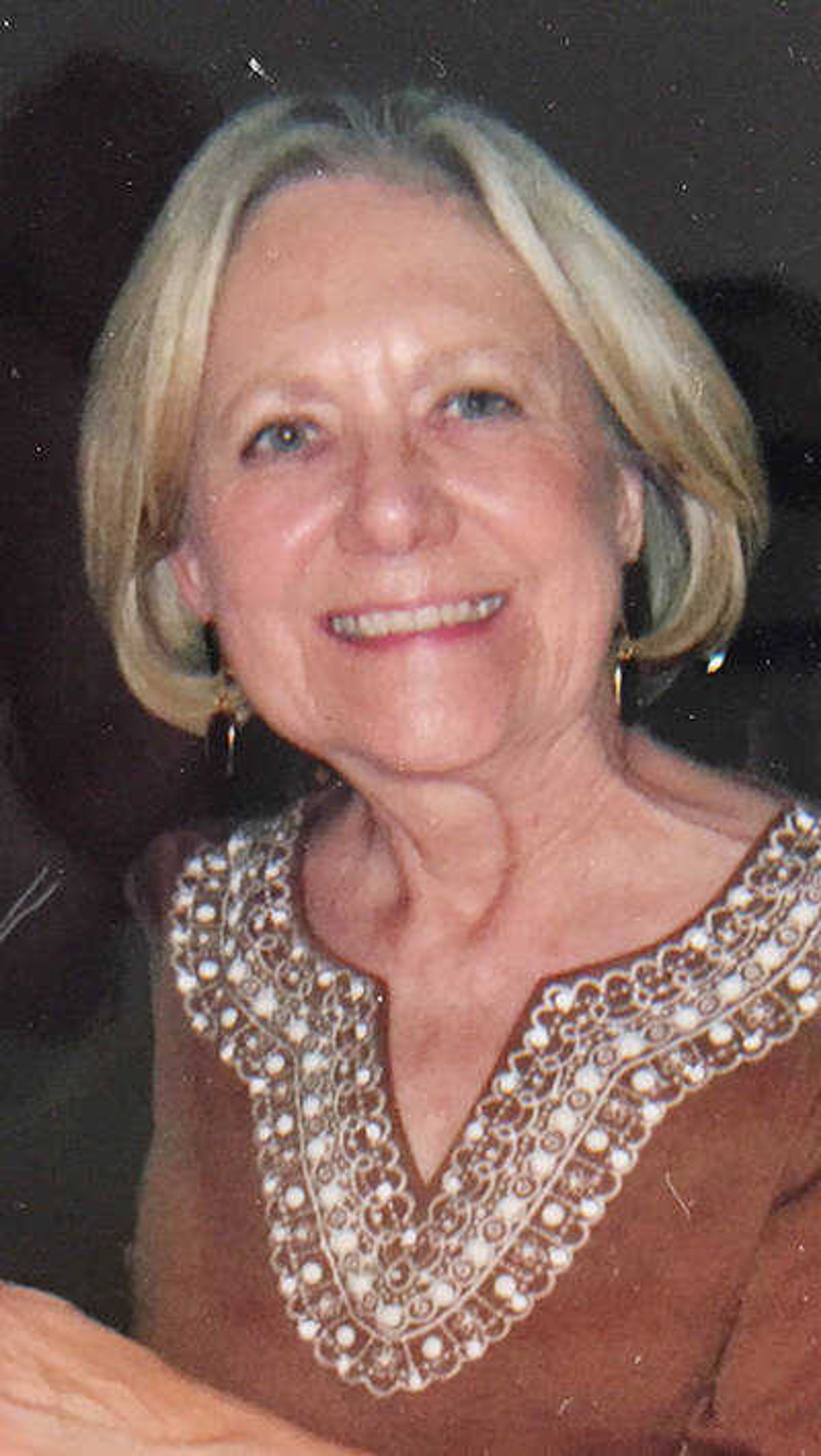Robert Sturdivant: Cape's banking pioneer -- Part 1
It is said that after business hours, "Colonel" Robert Sturdivant loved to walk down to the river and watch the steamboats come and go. He was a people person, and everyone knew him. Arriving as a young lad of 17 on horseback from Virginia, Robert jumped into one business venture after another, some successful, some not. He first joined his brother-in-law, Edwin White, in a merchantile business. They went bankrupt in 1839...
It is said that after business hours, "Colonel" Robert Sturdivant loved to walk down to the river and watch the steamboats come and go. He was a people person, and everyone knew him.
Arriving as a young lad of 17 on horseback from Virginia, Robert jumped into one business venture after another, some successful, some not. He first joined his brother-in-law, Edwin White, in a merchantile business. They went bankrupt in 1839.
After he dabbled in publishing the first Cape Girardeau newspaper -- The Patriot -- with White, he joined Andrew Giboney in another mercantile, "R. Sturdivant & Co." Going to New Orleans by flatboat for merchandise was one of his adventures.
As Sturdivant established more roots and gained connections, he accumulated wealth. He bought half interest in the first steam mill built in Cape Girardeau with Benjamin Horrell at the young age of 29. The firm proved successful, shipping loads of flour many places, including New Orleans.
Throughout this time, with his business ethics and determination, he paid back all the debt incurred from the 1839 bankruptcy.

Sturdivant found his niche as he became a banker with the Bank of Missouri branch locally. Taking a risk in 1866, he purchased the assets of the bank, changing the name to Sturdivant Bank, the oldest monetary institution in Southeast Missouri. It was on the second floor of an old building on the corner of Themis and Main.
The Cape Girardeau Democrat reported in 1882 the bank was incorporated with the following directors: Robert Sturdivant, president; Leon Albert, cashier; Louis Klosterman, vice president; Edward Lilly; Louis Houck; and J.H. Burroughs.
Needing more space in 1892, the bank announced it would move to the Hirsch Building across from the St. Charles Hotel while the old bank was razed and a new one constructed. Henry Ossenkop was contractor with J.B. Legg of St. Louis, architect. Construction began by removing a downtown landmark, a huge sycamore tree that stood sentinel over the old building. The three-story replacement was impressive with large windows and granitoid steps and walks added by Ed Regenhardt.
Sturdivant was a quiet gentleman with "old Virginia manners," honest and conservative. He believed in helping the needy and encouraging the poor. Two stories illustrate his philosophy. Shortly after the Civil War, an old soldier in faded blue came into the bank and said to Sturdivant, "I am broke." With a cheerful answer, Sturdivant said, "Well, that is bad." He handed him a loan, which was soon paid back.
Another story comes from "Miss Mary Remembers" by A. Dierssen. "An old colored lady, Aunt Lizbeth went to Sturdivant for advice with a pension she was to receive. It seems a lawyer wanted to buy her pension which he would help her obtain. He'd give her $50 and keep her back pay. After conversation with Sturdivant, she learned this was not advisable. He helped her fill out the paperwork. When she received her $1,100 back pay, she fell back, not believing her eyes. He charged her 50 cents."
This column will be contined in the Oct. 9 edition.
Connect with the Southeast Missourian Newsroom:
For corrections to this story or other insights for the editor, click here. To submit a letter to the editor, click here. To learn about the Southeast Missourian’s AI Policy, click here.











